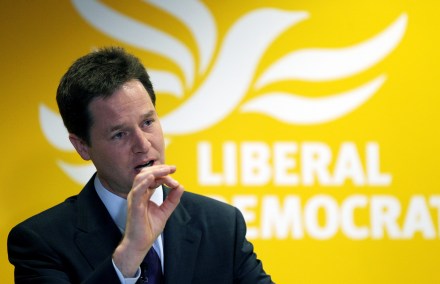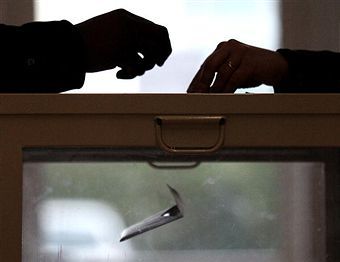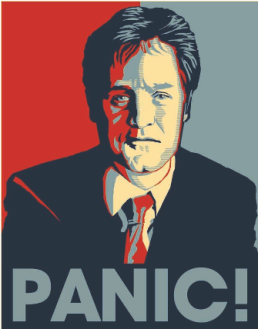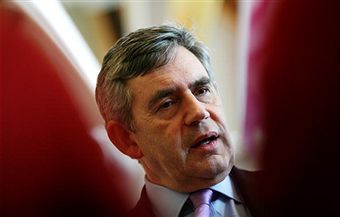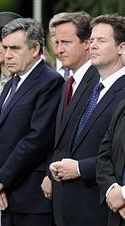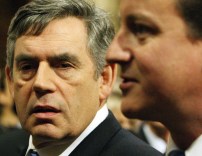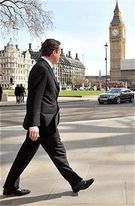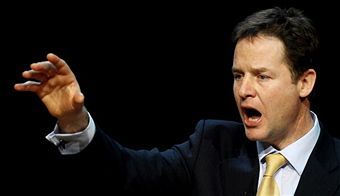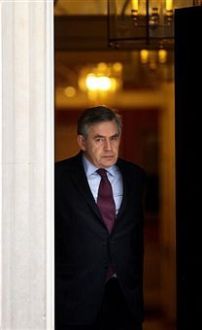The Lib Dems’ turn to convince?
So now it’s the Lib Dems’ turn to present their prospectus for the country. And, in some respects, I expect they’ll want a fairly uneventful day. They have, after all, endured the most topsy-turvy campaign of the three main parties so far. Brown has given us no more, and no less, than what we expected. The Tories have been riding the crest of a national insurance wave. But the Lib Dems have bounced around from the highs of Nick Clegg’s performance on Newsnight to the lows of their misleading VAT poster, from their continuing Labservative attacks to Ed Balls describing their schools policy as “creditable” on Sky this morning. Make
